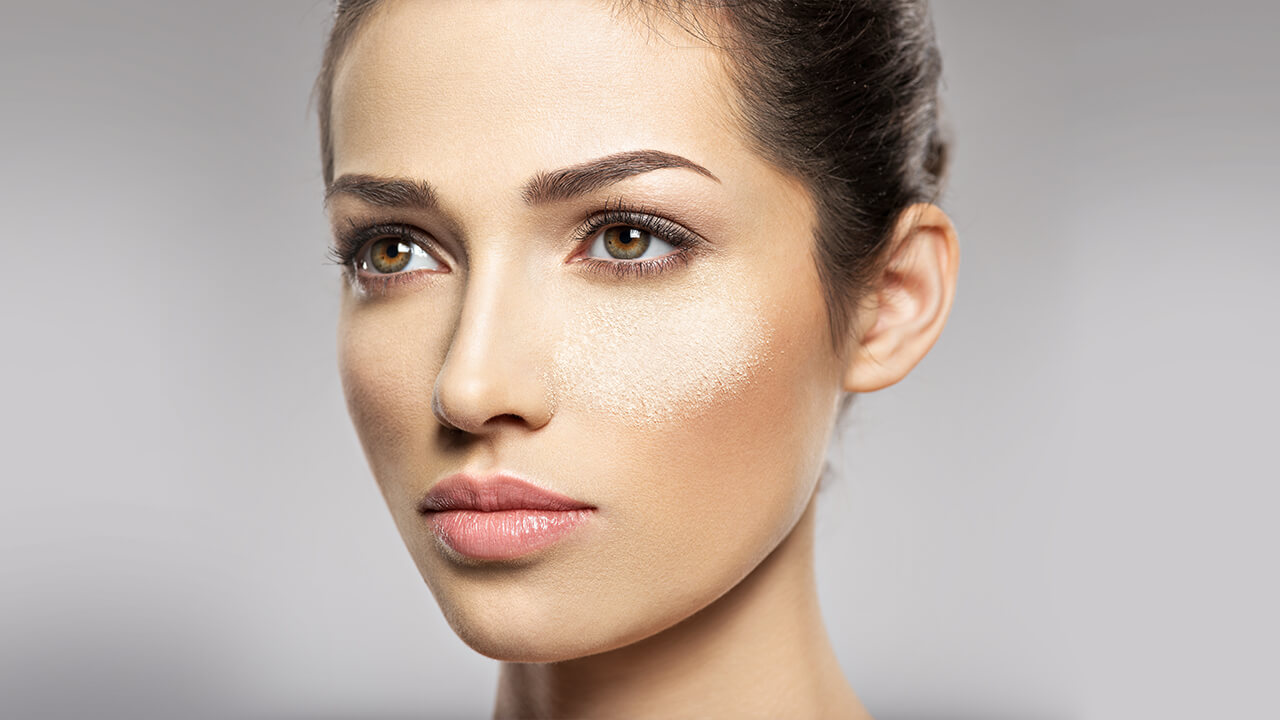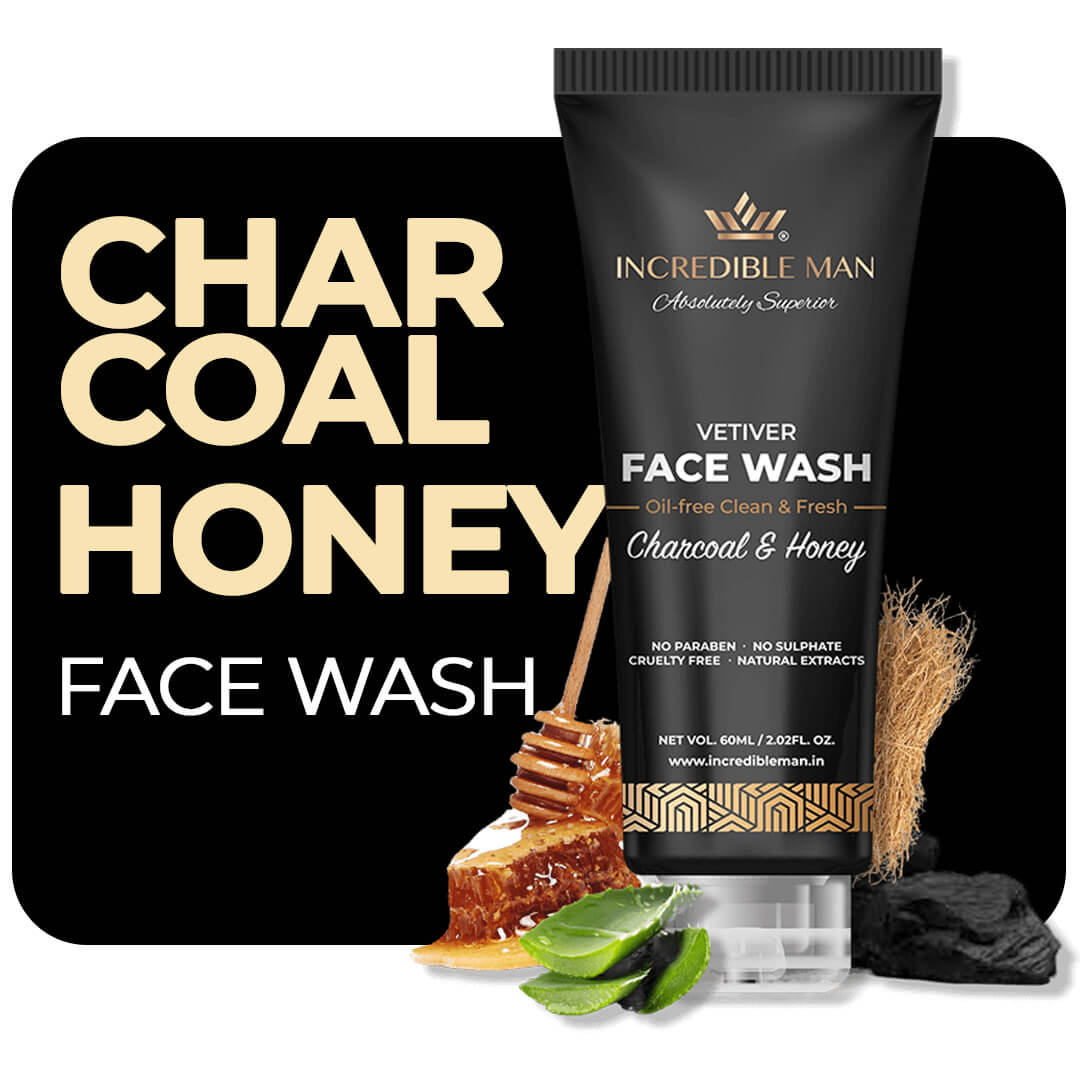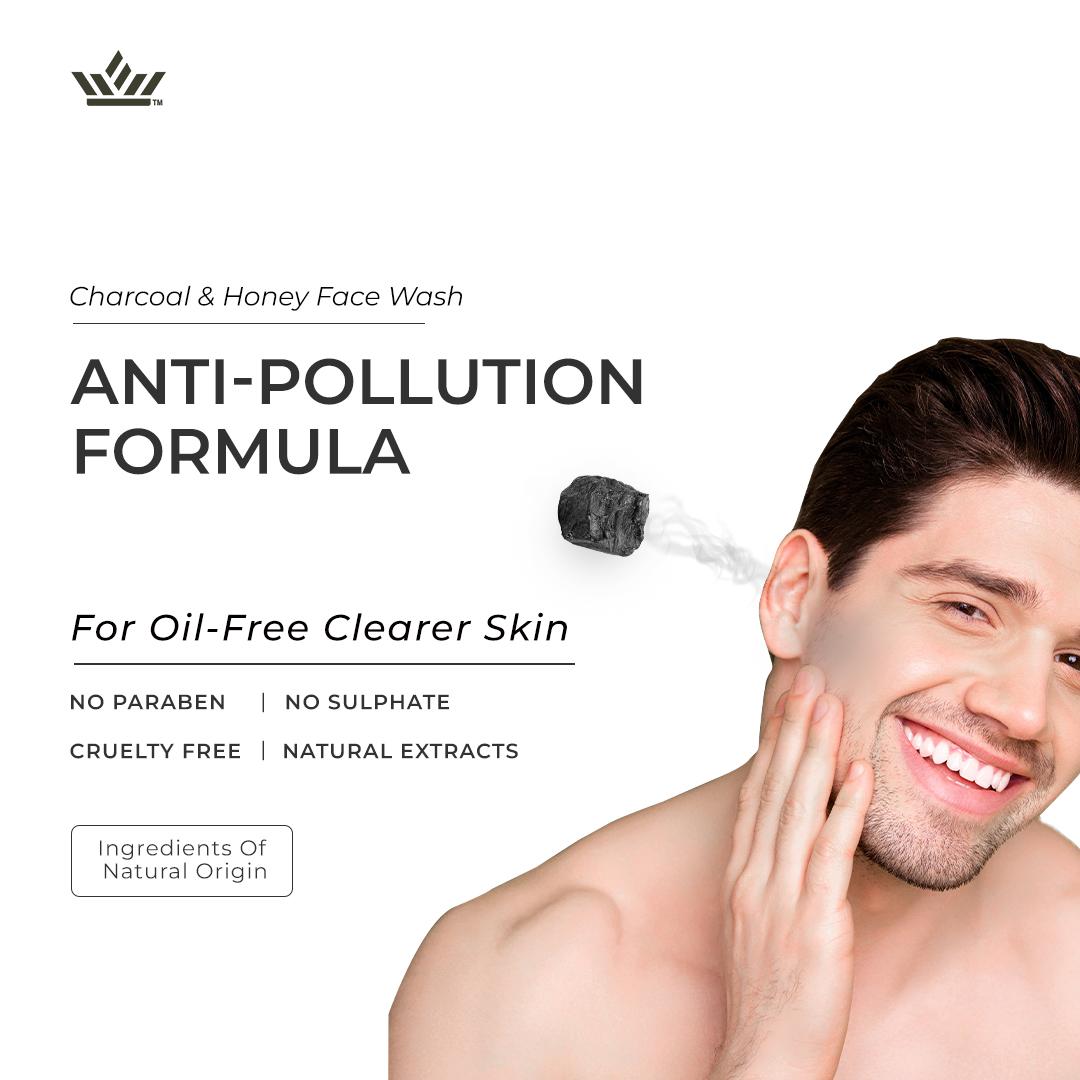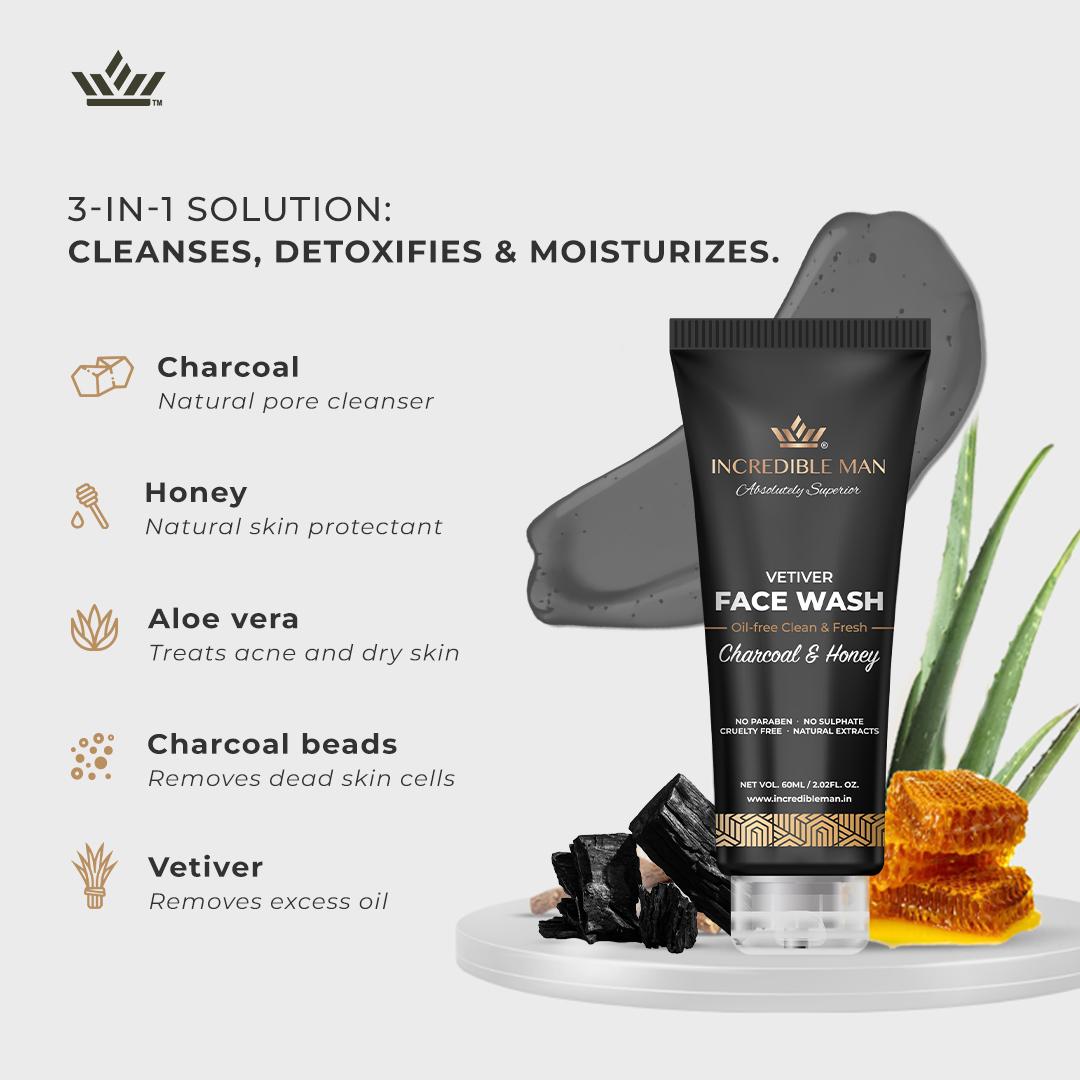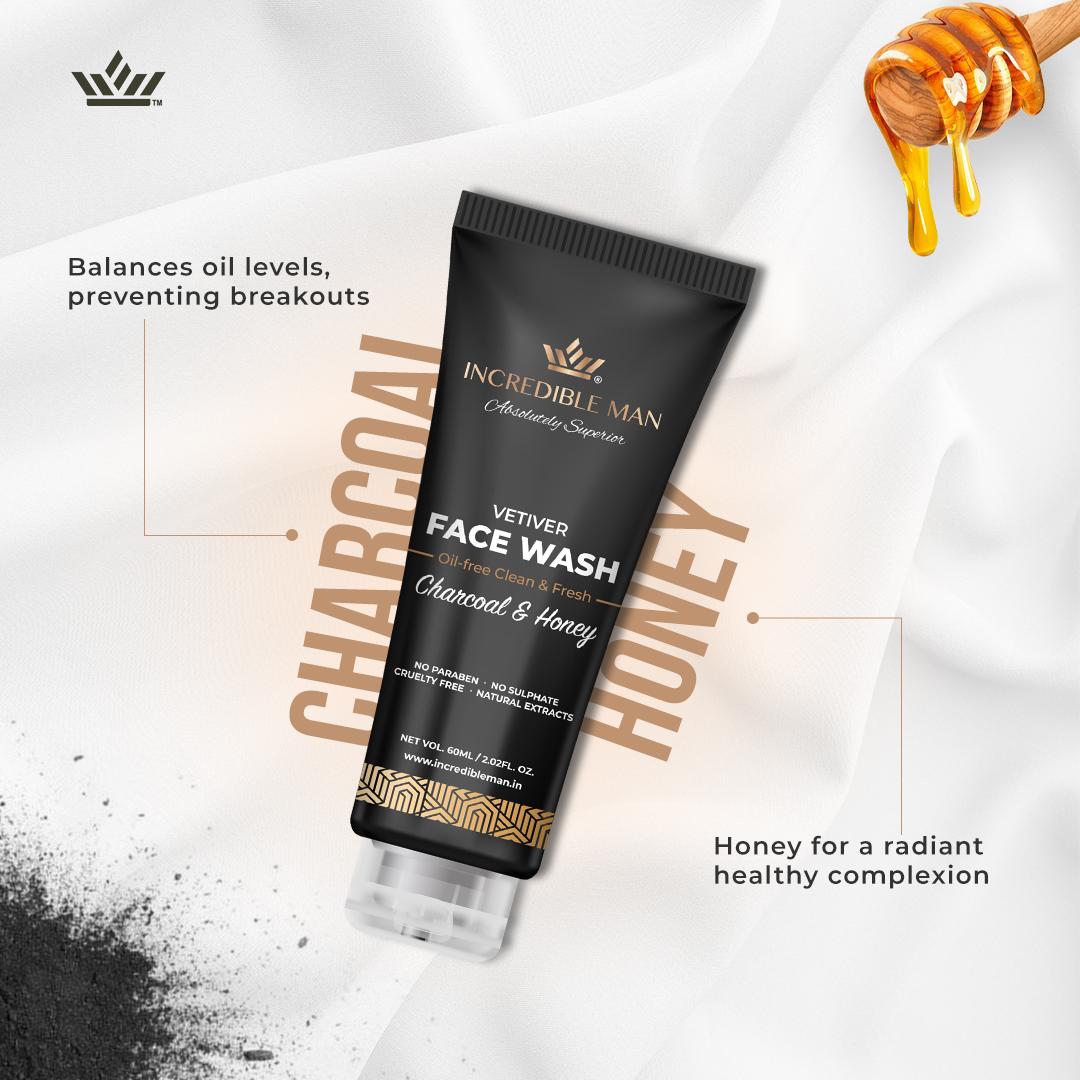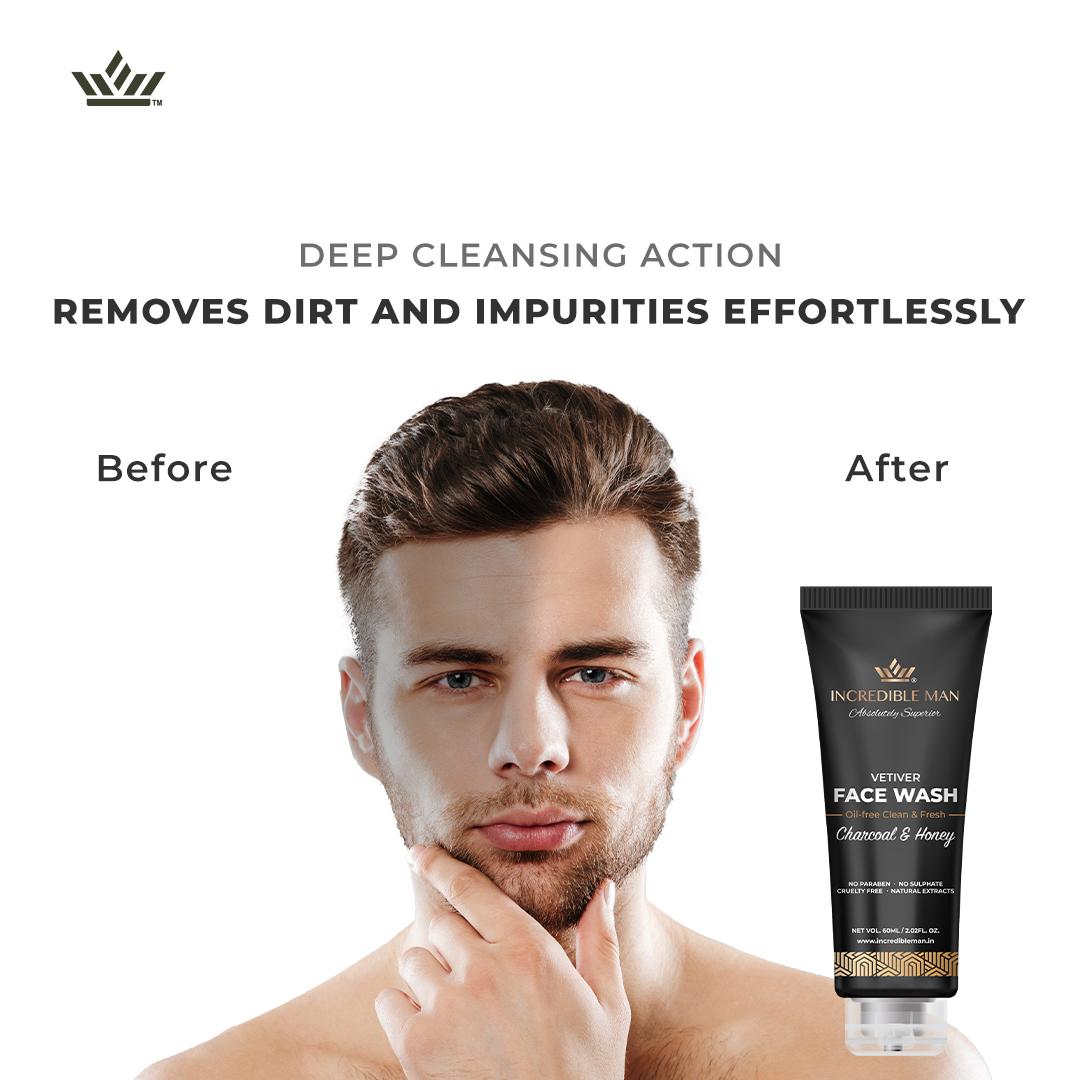Dry skin has a hard time keeping its moisture levels up. That is why it is essential to create the finest skin care regimen for dry skin using the best products. For example, hydration and protection should be the focus of a daytime skincare routine for dry skin, while hydration, repair, and nutrition should be the focus of a nightly skincare routine for dry skin. This article will walk you through the process of caring for dry skin step by step and teach you how to prevent common skincare blunders. Continue reading to find out more.
There are several causes of dry skin. These include:
- environment
- hard water
- genetics
- excessive washing
- exposure to irritants
- medical conditions, like hypothyroidism or diabetes
How do I know if I have Dry Skin?
So, how can you tell if your skin is dry or merely thirsty? The pinch test is one thing to try. If your cheek creases instead of keeping its shape when you gently squeeze it, your skin is dry. New or exacerbated wrinkles, inflammation, dullness, or noticeable dark circles may also be seen. Dry skin, on the other hand, appears as small flakes around the corners of the lips, the sides of the nose, and the brows. Strong facial cleansers and exfoliants will also irritate it. You can see obvious redness and cracking if it’s severe.
Best Skincare Routine for Dry Skin

- Hydrating Cleanser – Choose a mild cleanser that leaves your skin feeling clean and nourished, not tight and unpleasant. Look for a face cleanser that has hydrating components like vitamin E, glycerin, and hyaluronic acid.
- Hydrating Toner – After cleansing, apply a toner to replenish moisture and adjust your skin for the rest of your regimen. If your skin requires it, you may even apply additional applications of toner. Toners with moisturizing, calming components like bamboo, cucumber, or chamomile are ideal.
- Exfoliant (Chemical) – While chemical exfoliants may appear harsh, they are a better option for eliminating dead skin cells from dry skin than scrubs, which may be abrasive. If you have dry skin, exfoliating at least once a week will leave your complexion looking fresh while reducing the chance of secondary concerns, such as breakouts. Trust us when we say that charcoal face wash will be the perfect addition to your skincare routine.
- Hydrating Serum – A face serum is a product with a large number of active components. While we advocate starting to use serums consistently in your 30s, if you believe your skin requires it, you can start in your 20s. Using hydrating serums to refresh your skin is a great idea. The most common element identified in these serums is hyaluronic acid. It may collect water from its surroundings and deposit it on your skin as a humectant. As a result, using this component in humid environments is optimal. Otherwise, if the air around you is deficient in moisture, hyaluronic acid will pull moisture from your skin, leaving your face drier.
- Eye Cream – Look for a specific eye cream to assist fill up the delicate skin around or beneath your eyes if it is very dry.
- Facial Oil – Use face oil to boost your moisturization, especially during the cold, dry winter months. A well-prepared oil will leave your skin soft and silky without leaving any trace.
- Moisturize – This is, without a doubt, the most crucial phase. Rich, creamy moisturizers with moisture barrier-reinforcing ingredients like glycerin, squalane, and evening primrose oil are ideal for dry skin.
- Use a mild exfoliant or detoxifying mask weekly – The flakes are one of the most aggravating features of having dry skin. It’s tempting to peel them off with a harsh exfoliant, but this would just make you drier. Use a mild coffee face scrub that will eliminate your dead skin cells. As above stated once the dead skin cells are eliminated, new cells are developed, and that results in brighter skin.
Tips on How to Prevent Dry Skin
It’s all about prevention when it comes to dry skin skincare. The sooner you begin to care for your skin, the greater the outcomes will be in the long run. There are various strategies to prevent your skin from drying out in the first place, in addition to maintaining a regular skincare programme consisting of clean skincare products with moisturizing elements.
- Drink Water – You should drink eight glasses of water every day to be hydrated from head to toe.
- Hot showers – Hot showers and baths may seem wonderful, but they may dehydrate your skin. Make sure you’re washing your face with cold or lukewarm water, as well as the rest of your body.
- Add Water-rich Foods to your Diet – H2O and antioxidants are abundant in watermelon, celery, pineapple, cantaloupe, strawberries, lettuce, oranges, raspberries, green peppers, spinach, and avocado.
- Bath Sponges, Scrub Brushes, and Washcloths should all be avoided – When towelling dry, always pat or blot the skin.
- After you’ve washed your face, use a moisturizer right away – Because your pores are open and your skin is still moist, it’s great for soaking up lotion.
Remember to be conscious of what you put on and in your body, drink enough water, and always use sunscreen to counteract dry skin! And, because you know we’d never leave you hanging, come to us for natural, gentle skincare products that provide powerful hydration.
What Should Not Be Included in a Dry Skincare Routine
Make sure you’re not using these products or components in your regimen if you want to properly care for your dry skin.
- Most Alcohols – Alcohol isn’t necessarily a negative thing in skincare. Fatty alcohols like cetearyl alcohol and stearyl alcohol, for example, work as emulsifiers and help your skin retain moisture. However, items containing denatured alcohol, ethyl alcohol, isopropyl alcohol, or benzyl alcohol should be avoided. These are supposed to help skincare products enter your skin more efficiently, but they frequently dry out your skin and make it more prone to breakouts.
- Added Fragrance – Fragrances are added to skincare products to cover the unpleasant natural musk of the substances. Unfortunately, scents, whether synthetic, natural, or derived from essential oils, can irritate your skin, exacerbating dryness symptoms. If you have dry, sensitive skin, look for products that are labelled fragrance-free.
- Astringent – Astringents are meant to eliminate excess sebum from the skin, while both treatments are administered after cleaning. While toners are beneficial to all skin types, astringents are best reserved for those with oily skin.
- Foaming Cleansers – While foaming cleansers appear to be a fun and effective method to clean your face, they actually dry up your skin.
Quick Tip:
Rosewater is recognised for hydrating and calming the skin’s pH levels. When you don’t have anything else on you, it also works as a terrific refresher. Fill a spray bottle with it and put it in your handbag. Simply spritz some on when your skin feels dull and flaky for an immediate remedy!
Skin that generates fewer natural oils (sebum) or has been dehydrated owing to internal or external sources is referred to as dry skin.
Heat, dehydration, low humidity, dry and cold climes, rapid temperature fluctuations, and chemicals in skincare products are all causes why skin becomes dry.
Dry skin becomes irritating and uncomfortable when natural oils are lost, signalling that something is wrong.
Dry skin is characterized by itching, redness, fissures, bleeding, flaking, and dullness.


